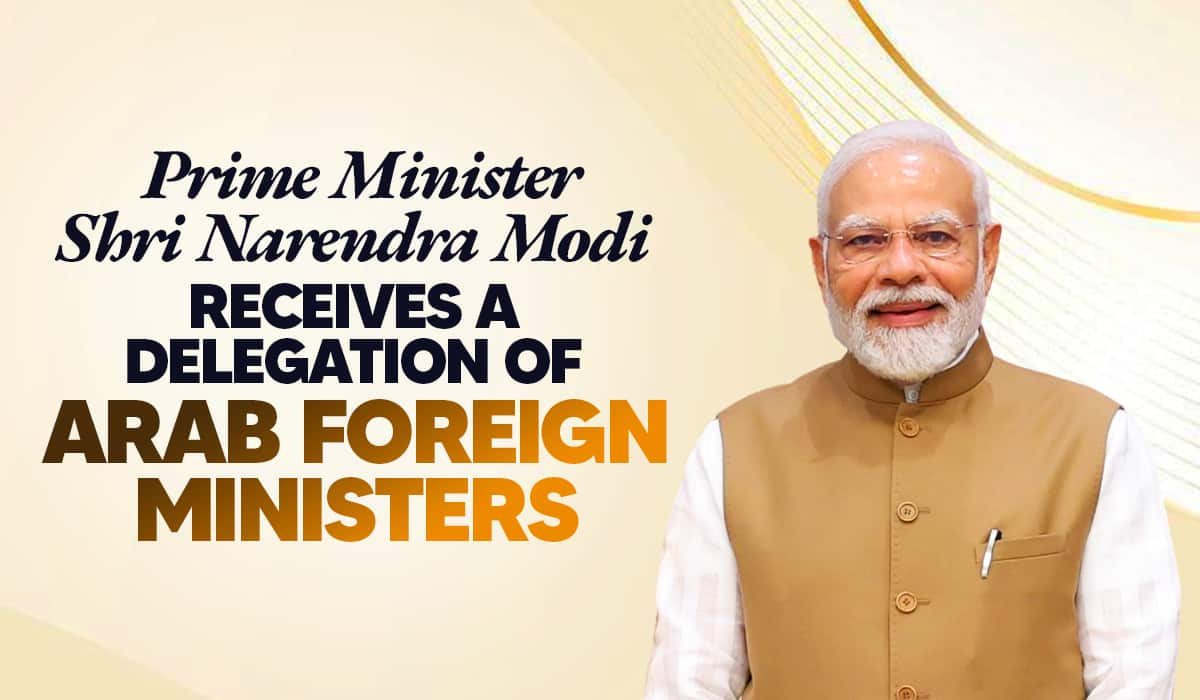The Prime Minister addressed a workshop on “Covid-19 Management: Experience, Good Practices and Way Forward” with health leaders, experts and officials of 10 Neighbouring Countries viz Afghanistan, Bangladesh, Bhutan, Maldives, Mauritius, Nepal, Pakistan, Seychelles, Sri Lanka along with Indian officials and experts, today.
The Prime Minister lauded the way the health systems of the countries cooperated during the pandemic and for meeting the challenge in the most densely populated region with coordinated response.
The Prime Minister recalled creation of COVID-19 Emergency Response Fund to meet the immediate costs of fighting the pandemic and sharing of resources - medicines, PPE, and testing equipment. He also notedsharing of experiences and learning from each other’s best practices in testing, infection control and medical waste management.“This spirit of collaboration is a valuable take-away from this pandemic.Through our openness and determination, we have managed to achieve one of the lowest fatality rates in the world.This deserves to be applauded.Today, the hopes of our region and the world are focused on rapid deployment of vaccines.In this too, we must maintain the same cooperative and collaborative spirit” said the Prime Minster.

Asking the countries to raise the ambition further, the Prime Minister suggested creating a special visa scheme for our doctors and nurses, so that they can travel quickly within our region during health emergencies, on the request of the receiving country. He also asked whether our Civil Aviation ministries can coordinate a regional Air Ambulance agreement for medical contingencies? He also suggested that we can create a regional platform for collating, compiling and studying data about the effectiveness of COVID-19 vaccines among our populations. Furthermore, he asked, can we similarly create a regional network for promoting technology-assisted epidemiology, for preventing future pandemics?
Beyond COVID-19, the Prime Minister suggested sharing of successful public health policies and schemes. He suggested,from India, Ayushman Bharat and Jan Arogya schemes may be useful case-studies for the region.“If the 21st Century is to be the Asian Century, it cannot be without greater integration among the countries of South Asia and the Indian Ocean island countries.The spirit of regional solidarity that you have shown during the pandemic has proven that such integration is possible” concluded the Prime Minister.













